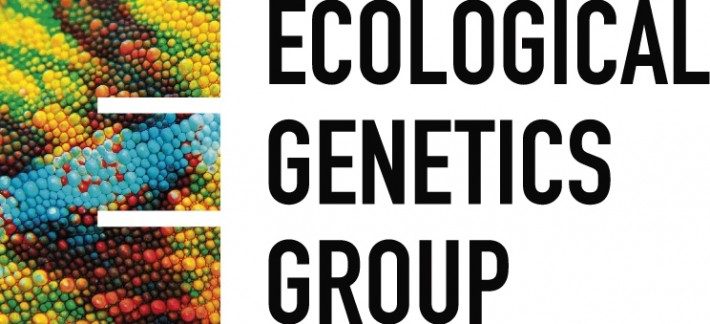Ecological Genetics SIG – 62nd Annual Meeting
The Ecological Genetics Group came together in April at Imperial University London for their 62nd Annual Meeting. Jim Proven (Aberystwyth University) tells us a little bit about the meeting below.

You know you’ve come a long way when you’ve got the likes of Lord Robert Winston, honorary Professor at Imperial, loitering around the Registration Desk for the 62nd Annual Meeting of the Ecological Genetics Group (EGG, for the shamefully uninitiated), which was held this year at Imperial College London. You also know you’ve come a long way when the first speaker at the meeting, Shane Lavery, has come all the way from New Zealand, no less.
Barons and globetrotters notwithstanding, EGG maintained its reputation as an inspiring forum for students (PhD, MSc and undergraduate) to present their work, with around half of the talks and almost all of the posters contributed by the Ecological Geneticists of the future. Among the excellent research on show, Chloe Robinson (Swansea University) won the prize for Best Student Presentation for her talk on monitoring aquatic invasive species using environmental DNA, whilst Jordan Bilsborrow (University of Reading) won the Best Student Poster prize for his work on morphological and genetic analyses of Iberian Narcissus species.
The two keynote seminars combined past and future, proving that Ecological Genetics truly is a timeless discipline. Selina Brace (Natural History Museum) presented fascinating work on the use of ancient DNA to gain new insights into the peopling of the British Isles throughout the Mesolithic and Neolithic, whilst Clare Trivedi (Royal Botanic Gardens, Kew) explained the important role of the Millennium Seed Bank in the conservation of biodiversity for forthcoming generations. Throw in multiple talks on lime trees, butterflies, guppies and birds, as well as corals and sponges, pollen – ancient and present-day – and pig-gut Salmonella, this year’s EGG had something for everyone.
And you can’t have EGG without the now-traditional EGG-Heads pub quiz. Although a semi-impromptu and often ridiculous effort put together by yours truly over a few glasses of an excellent Australian Chardonnay just prior to the Conference tapas dinner, the assembled brainboxes rose to the challenge with a gusto that would have left Paxman in awe. Although nobody got close to the percentage of the London Underground that is actually underground (45%), a deputation of the Edge Hill crew maintained their stranglehold on the competition, albeit with help from Trinity College Dublin.
We will be back somewhere in the southeast for the 63rd EGG next year – see you all there.
Jim Proven, Aberystwyth University, UK
The Ecological Genetics Group is a Special Interest Group of the British Ecological Society. For more information, contact Gemma Beatty (geb3@aber.ac.uk) or Thom Dallimore (dallimot@edgehill.ac.uk).
Like what we stand for?
Support our mission and help develop the next generation of ecologists by donating to the British Ecological Society.